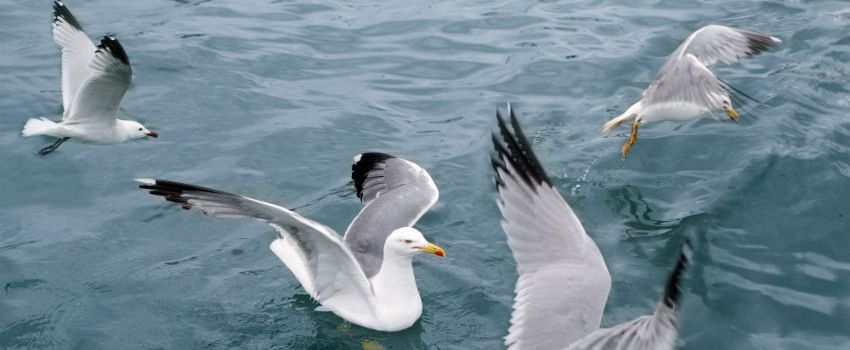
RSPB which is celebrating is 130th anniversary says that it is critical urgent action is taken to reverse the dramatic declines in populations of seabirds that live on the coast of the UK. The charity which was founded in 1889 by Emily Williamson after learning that hundreds of thousands of birds had been slaughtered simply to decorate hats. In 1997 the organisation reached a million members and has had remarkable conservation success; nevertheless, current RSPB chief Mike Clarke says much more work is needed to ensure coastal birds stay protected.
Urgent action required
Mr Clarke says on and around the coasts of the UK, RSPB will be advocating for urgent action and the establishment of essential protections to stop the dramatic decline in both fishing stock and the many seabird colonies that depend on the. The goal is to create the right conditions so that British seas are well managed. Mr Clarke adds that the scale and pace at which the world around us is accelerating and becoming more profound. The natural world is disappearing and urgent action is needed is wildlife and their habitats are to be saved.
Plastic pollution
The most recent academic studies suggest that sea birds are feeling the pain from climate change and ocean plastic pollution. Some birds have been found with over 250 pieces of plastic in their stomachs. One study by the University of Aberdeen produced results which suggests the species of bird that is most at risk are seabirds because of the competition they face from the fishing industry for food. The study found that since the 1970’s annual fishery catches have risen from 59 to 65 million tonnes a year. That sort of increase will obviously make it difficult for seabirds to find food.
Food and climate change
Dr Aurore Ponchom who co-led the study says that it is well known that most species of seabird find it difficult to change their diet and this means it is not likely that they will shift to other prey species. This means part of the decline in populations of seabirds that has been observed might come down to fisheries. Dr Ponchom adds that along with competition from fisheries, threats such as climate change, destruction and pollution of breeding habitats puts the global seabird population at risk.
Everyone has a role to play in conservation
Mr Clarke says that all stake holders have a role to play when it comes to solving the problem. Over the last century, nearly every aspect of daily life has been transformed. Irrespective of social, political and economic shifts, the RSPB continues to stay focused on its mission of saving nature. Mr Clarke concludes this is not something that RSPB can do on its own, and solutions need to be found that involve people. RSPB hopes to inspire people from all walks of life from politicians to school children must recognise and understand their connection to nature.





